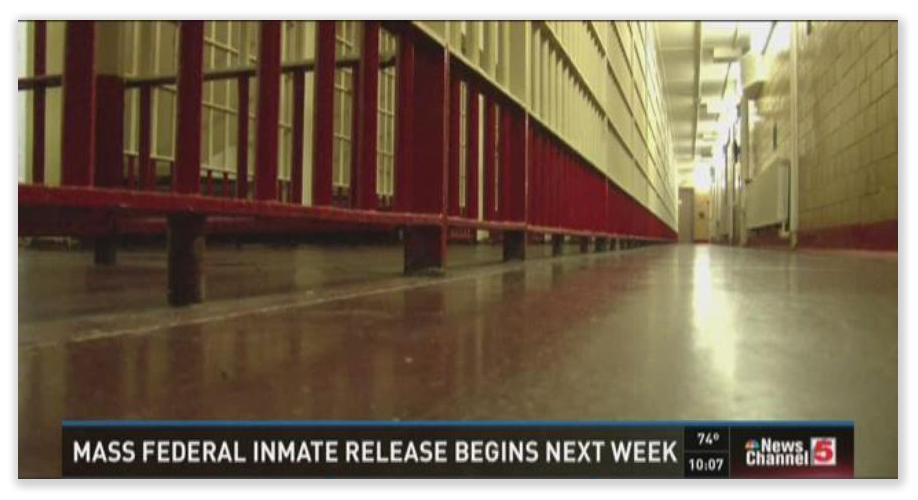We post news and comment on federal criminal justice issues, focused primarily on trial and post-conviction matters, legislative initiatives, and sentencing issues.

COULD BIDEN USE BLANKET CLEMENCY ON POT OFFENDERS?
A Congressional Research Service report issued last week concluded that if President Joe Biden’s easiest path to fulfilling his goal of getting the federal government out of marijuana regulation business is to use his clemency power.
 While the study concluded that Biden could not lawfully deschedule marijuana as a controlled substance, it nevertheless said the President has substantial control over how the law is enforced and may use his clemency authority at any time “after an offense is committed: before the pardon recipient is charged with a crime, after a charge but prior to conviction, or following conviction. The power is not limited to pardons for individual offenders: the President may also issue a general amnesty to a class of people.”
While the study concluded that Biden could not lawfully deschedule marijuana as a controlled substance, it nevertheless said the President has substantial control over how the law is enforced and may use his clemency authority at any time “after an offense is committed: before the pardon recipient is charged with a crime, after a charge but prior to conviction, or following conviction. The power is not limited to pardons for individual offenders: the President may also issue a general amnesty to a class of people.”
In addition, the Report notes, “the President could direct the Department of Justice to exercise its discretion not to prosecute some or all marijuana-related offenses. Although DOJ generally enjoys significant independence, particularly with respect to its handling of specific cases, the President has the authority to direct DOJ as part of his constitutional duty to ‘take Care that the Laws be faithfully executed’.”
The CRS is Congress’s public policy research institute, working primarily for members of Congress and their committees and staff on a nonpartisan basis.
Meanwhile, an article in Inquest last week observed that “there is deeply rooted legal precedent for presidents to use their authority to grant clemency to large classes of people. Presidents have deployed this authority to advance the public welfare, whether following a war or in response to unjust punishments, or simply to help heal a nation torn by crisis… Broad clemency has been issued by presidents George Washington, John Adams, James Madison, Abraham Lincoln, Theodore and Franklin Delano Roosevelt, Harry Truman, Lyndon B. Johnson, Gerald Ford, and Jimmy Carter.”

Noting that “the federal system… is the single largest incarcerator in the nation,” the article argued “ President Biden can lead by example, embracing categorical clemency as a tool to mitigate the system’s structural injustices… The president can act by issuing categorical clemency through a proclamation to a class of people based on two categories of eligibility: Personal characteristics or membership in a certain group, or shared circumstances. Such a proclamation should contain a presumption that all people who fit the criteria announced by the president will have their sentences commuted unless the DOJ can prove an articulable and current threat of violent harm.”
Of course, all of the foregoing supposes the President will use his clemency power at all. The Administration has thus far said not to expect pardons or commutations prior to late next year.
Congressional Research Service, Does the President Have the Power to Legalize Marijuana? (November 4, 2021)
Inquest, Mass Clemency (November 2, 2021)
– Thomas L. Root

